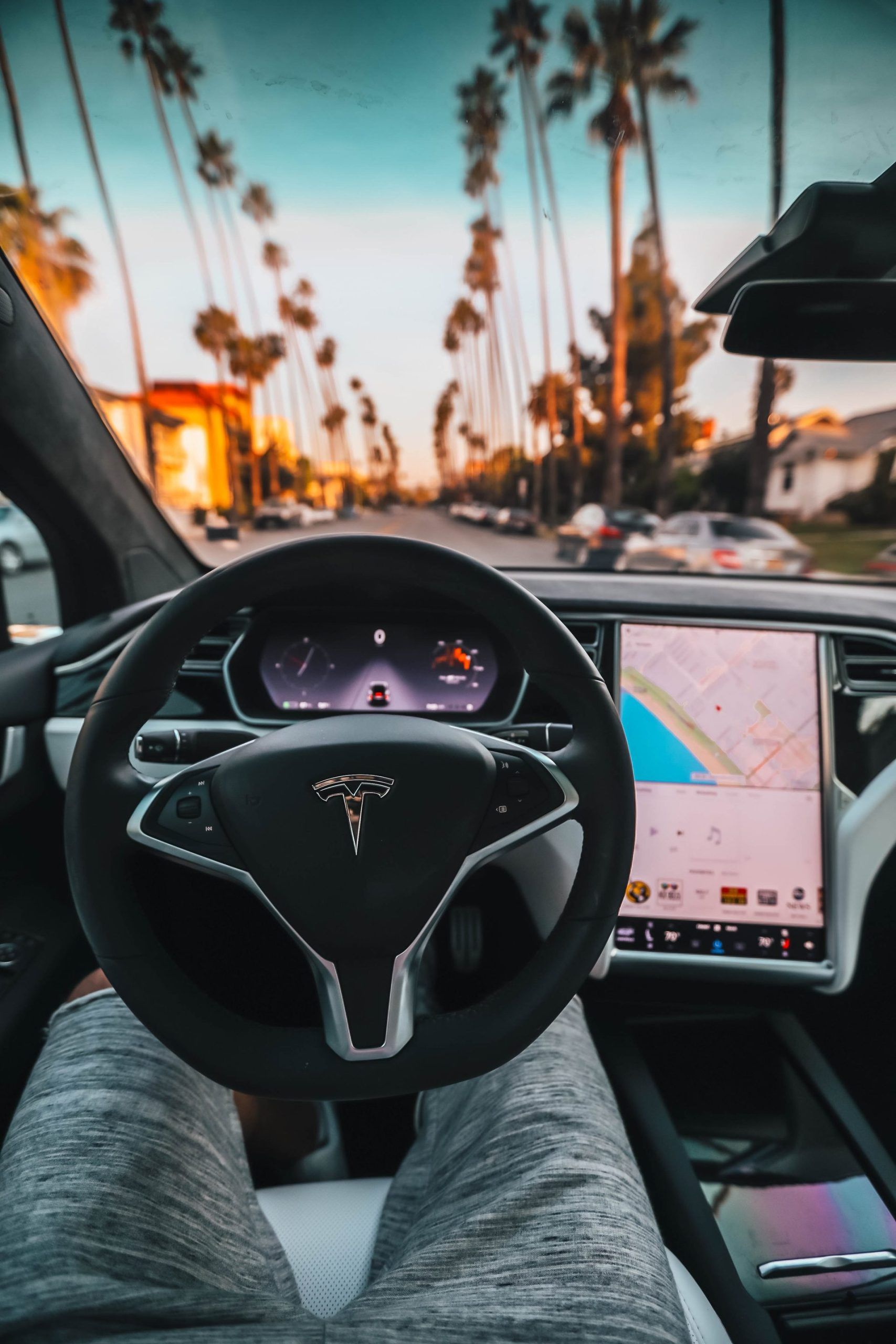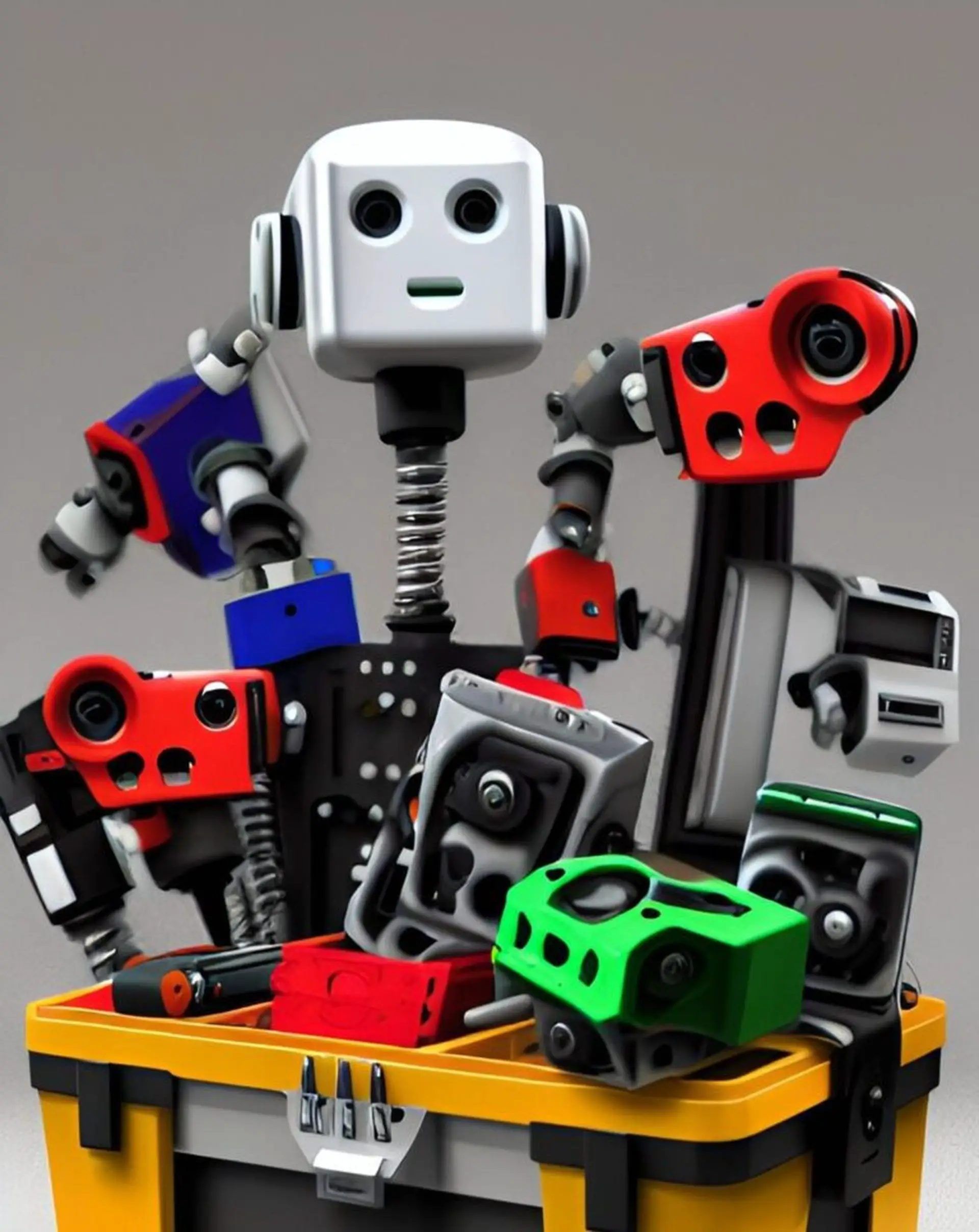Welcome to the dawn of a new era, where AI stands poised to revolutionize the world as we know it. From autonomous vehicles navigating our streets to algorithms revolutionizing healthcare, the possibilities seem limitless. However, as AI’s potential grows, so do the stakes. With great power comes great responsibility, and the need for guiding principles becomes more evident than ever before.
Imagine a world where AI not only improves efficiency but also upholds ethical standards, respects privacy, and nurtures collaboration across borders. It’s a world where job displacement is minimized, and the threat of AI-powered cyberattacks is mitigated. This utopian vision can become a reality with the implementation of common AI laws – the crucial foundation that ensures AI benefits humanity without compromising our values and safety.
Join us on a journey through the dynamic landscape of AI as we explore why the establishment of common AI laws is not just a necessity but the key to unlocking a brighter future. In this blog post, we’ll delve into real-life scenarios, highlighting the urgency of adopting these laws to harness AI’s potential while safeguarding our collective well-being. Are you ready to dive into the realm of AI ethics and governance? Let’s embark on this transformative quest together!

Why is an AI law consensus needed?
Artificial Intelligence (AI) has rapidly become an integral part of modern society, transforming industries and influencing our daily lives. While AI brings unprecedented benefits, such as increased efficiency and improved decision-making, it also poses significant risks. As AI technologies advance, it becomes crucial to establish a set of common AI laws to ensure the responsible and ethical use of this powerful tool, and here is why:
- Preventing unintended consequences
- Ensuring ethical decision-making
- Protecting privacy and data security
- Minimizing job displacement
- Fostering international collaboration
- Reducing potential security threats
Let’s take a closer look at the reasons for AI laws and understand what could happen exactly if we don’t have a common AI law.
Here are all the artificial intelligence laws and regulations so far
Preventing unintended consequences
As AI systems become more complex and autonomous, there is a growing concern that they may produce unintended outcomes. In certain cases, AI algorithms have demonstrated biased behavior, reinforcing societal inequalities and discriminatory practices. Common AI laws can address these issues by mandating rigorous testing and auditing of AI algorithms to ensure fairness, transparency, and accountability.
What could happen exactly? A recruitment AI system used by a large corporation inadvertently exhibits gender bias while selecting candidates. The algorithm’s historical data, biased towards male applicants in managerial positions, causes it to prioritize male candidates over equally qualified female applicants. Common AI laws would mandate regular audits and bias checks, forcing the organization to rectify the issue and ensure fair hiring practices.

How is artificial intelligence changing the recruiting process? Visit the related article and explore everything you need to know about AI recruiting.
Ensuring ethical decision-making
AI, in its current form, lacks the ability to comprehend human values and emotions fully. This limitation raises questions about AI’s ability to make ethical decisions in morally ambiguous situations. Common AI laws can lay down guidelines for developers and organizations to imbue AI systems with ethical frameworks, ensuring that AI aligns with human values and acts responsibly.
What could happen exactly? An autonomous vehicle encounters a situation where it must decide between hitting a pedestrian crossing the road illegally or swerving into oncoming traffic, potentially causing harm to its passengers. Without a predefined ethical framework, the AI system might make an arbitrary decision, leading to unintended harm. Common AI laws would require manufacturers to program the vehicle with ethical guidelines, prioritizing minimizing harm to all parties involved.

Protecting privacy and data security
AI applications heavily rely on vast amounts of data, which can contain sensitive information about individuals. Without proper regulations, AI systems might infringe on privacy rights or become susceptible to malicious exploitation. Common AI laws can set standards for data collection, usage, and storage, safeguarding personal privacy and ensuring data security.
What could happen exactly? A healthcare AI platform collects and analyzes patients’ medical data for diagnostic purposes. However, the platform fails to implement proper security measures, leading to a data breach. Personal medical records are exposed, compromising patients’ privacy and potentially causing harm if misused. Common AI laws would enforce strict data protection standards, ensuring that AI systems prioritize data security and respect patients’ privacy rights.

Minimizing job displacement
As AI continues to advance, there are concerns about job displacement, where certain roles become redundant due to automation. Common AI laws could incentivize organizations to adopt AI technologies responsibly, encouraging them to provide appropriate training and reskilling opportunities for affected workers, thus mitigating the negative impact on employment.
What could happen exactly? A manufacturing company decides to implement AI-powered robots to automate repetitive assembly line tasks. While this increases efficiency, it also leads to job losses for human workers. Common AI laws could require the company to invest a portion of the cost savings into retraining and upskilling programs for the displaced workers, ensuring they have opportunities to transition to new roles within the organization.

Fostering international collaboration
AI is a global phenomenon that transcends borders and jurisdictions. The absence of common AI laws can lead to fragmented regulations, impeding innovation and cooperation. By establishing common AI principles and guidelines, countries can collaborate more effectively, sharing insights and best practices for the responsible development and use of AI technologies.
What could happen exactly? Different countries develop their own AI regulations, resulting in varying degrees of accountability and transparency. A global tech company operating in multiple countries struggles to comply with divergent AI laws, leading to inefficiencies and potential ethical concerns. Common AI laws could facilitate smoother international collaboration, harmonizing guidelines and promoting a more consistent approach to responsible AI development and deployment.

Reducing potential security threats
In an interconnected world, AI systems can be exploited as tools for cyberattacks, misinformation, and other malicious activities. Common AI laws can outline security standards to protect AI technologies from being weaponized and used against humanity’s interests.
What could happen exactly? Hackers gain unauthorized access to an AI-powered financial trading system, manipulating its decision-making algorithms to cause market instability and profit from the chaos. The absence of common AI laws makes it difficult to implement standardized security protocols across all AI systems. Common AI laws would require robust security measures, making it harder for malicious actors to exploit AI for nefarious purposes.

These are just some of the scenarios that we can face in the future if we still don’t have an AI law consensus.
Conclusion
As AI technology continues to evolve, so does the need for responsible governance and regulation. The development and implementation of common AI laws are crucial steps to ensure that AI benefits humanity while avoiding potential risks. Such laws can help prevent unintended consequences, ensure ethical decision-making, protect privacy and data security, minimize job displacement, foster international collaboration, and reduce security threats.
In this rapidly advancing technological era, it is imperative for policymakers, industry leaders, and society as a whole to work together to establish a cohesive framework that guides AI’s responsible development and usage. By doing so, we can harness the full potential of AI while safeguarding the well-being of humanity for generations to come.
Oh, are you new to AI, and everything seems too complicated? Keep reading…
AI 101
You can still get on the AI train! We have created a detailed AI glossary for the most commonly used artificial intelligence terms and explain the basics of artificial intelligence as well as the risks and benefits of AI. Feel free the use them. Learning how to use AI is a game changer! AI models will change the world.
In the next part, you can find the best AI tools to use to create AI-generated content and more.

AI tools we have reviewed
Almost every day, a new tool, model, or feature pops up and changes our lives, and we have already reviewed some of the best ones:
- Text-to-text AI tools
- Google Bard AI
- Chinchilla
- Notion AI
- Chai
- NovelAI
- Caktus AI
- AI Dungeon
- ChatGPT
- Snapchat My AI
- DuckAssist
- GrammarlyGO
- Jenni AI
- Microsoft 365 Copilot
- Tongyi Qianwen
- AutoGPT
- Janitor AI
- Character AI
- WordAi
- Venus Chub AI
- Crushon AI
- FreedomGPT
- Charstar AI
- Jasper AI
- WormGPT
- How to use WormGPT AI
- WormGPT download, here are the dangers waiting for you
- Llama 2
- Kajiwoto AI
- Harpy AI Chat
See this before login ChatGPT; you will need it. Do you want to learn how to use ChatGPT effectively? We have some tips and tricks for you without switching to ChatGPT Plus, like how to upload PDF to ChatGPT! However, When you want to use the AI tool, you can get errors like “ChatGPT is at capacity right now” and “too many requests in 1-hour try again later”. Yes, they are really annoying errors, but don’t worry; we know how to fix them. Is ChatGPT plagiarism free? It is a hard question to find a single answer. Is ChatGPT Plus worth it? Keep reading and find out!
- Text-to-image AI tools
- MyHeritage AI Time Machine
- Reface app
- Dawn AI
- Lensa AI
- Meitu AI Art
- Stable Diffusion
- DALL-E 2
- Google Muse AI
- Artbreeder AI
- Midjourney
- How to fix Midjourney invalid link
- Midjourney alternatives
- Midjourney AI tips
- Midjourney V5.2
- Midjourney video generation guide
- Where to look for the best Midjourney images?
- DreamBooth AI
- Wombo Dream
- NightCafe AI
- QQ Different Dimension Me
- Random face generators
- Visual ChatGPT
- Adobe Firefly AI
- Leonardo AI
- Hotpot AI
- DragGAN AI photo editor
- Freepik AI
- 3DFY.ai
- Photoleap
- Artguru
- Luma AI
- BlueWillow AI
- Scribble Diffusion
- Clipdrop AI
- Stable Doodle
While there are still some debates about artificial intelligence-generated images, people are still looking for the best AI art generators. Will AI replace designers? Keep reading and find out.
- AI video tools
- AI presentation tools
- AI search engines
- AI interior design tools
- Other AI tools
Do you want to explore more tools? Check out the bests of:
Featured image credit: Unsplash





